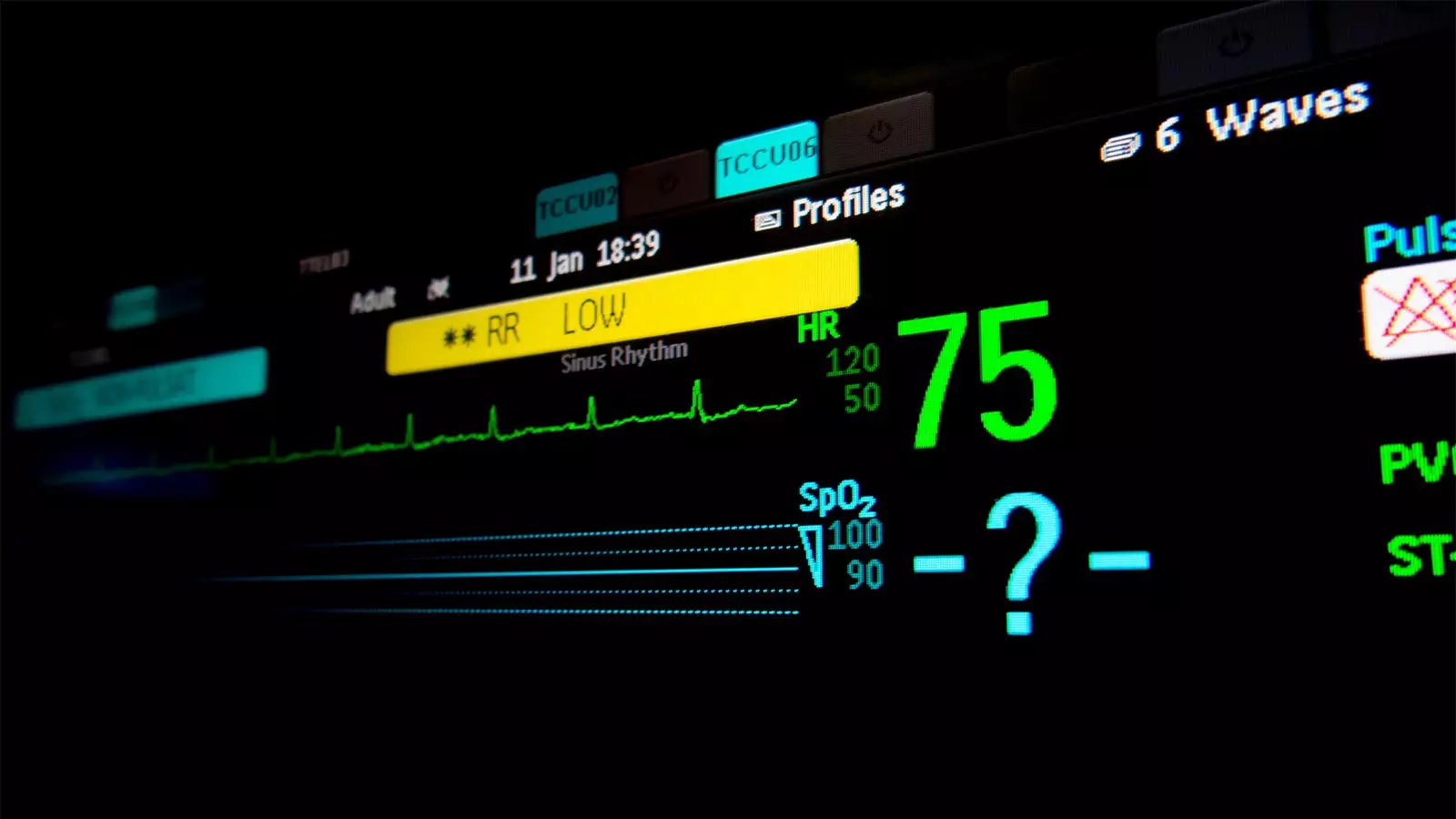Recent data from the National Inpatient Sample (NIS) has unveiled a concerning trend in the American West – a significant surge in cardiomyopathy-associated hospital admissions among methamphetamine users. According to a study conducted by Mohammad Bhuiyan, PhD, and colleagues from Louisiana State University Health Sciences Center at Shreveport, methamphetamine-related cardiomyopathy admissions skyrocketed by 231% from 2008 to 2020 nationwide. This stands in stark contrast to the overall admissions for heart failure, which only saw a 12% increase during the same period.
Disparities in Admissions Based on Demographics
The study also shed light on various geographical and social disparities observed in methamphetamine-related cardiomyopathy admissions. The data revealed significant increases in admissions among different demographic groups:
– By sex: A 345% increase for men and a 122% increase for women
– By race: A 271% increase for white individuals, a 254% increase for Black individuals, a 565% increase for Hispanic individuals, and a 645% increase for Asian individuals
– By region: A staggering 530% increase in the West and a 200% increase in southern states, while the Northeast showed no significant changes.
The research team reported that cardiomyopathy among methamphetamine users is predominantly seen in middle-aged male patients and is more concentrated in the western region of the United States. Methamphetamine, also known as “meth,” is a highly addictive psychostimulant drug with legal and illegal forms. It has been linked to various cardiovascular diseases, including cardiomyopathy, heart failure, pulmonary hypertension, and coronary artery disease. Despite its dangers, an estimated 1.6 million U.S. adults reported past-year methamphetamine use in 2015-2018, highlighting the urgent need for effective interventions.
In response to the alarming increase in methamphetamine-related cardiomyopathy, healthcare providers and policymakers are called upon to take action. Cardiologist Nisha Parikh, MD, MPH, from the University of California San Francisco Health, emphasized the need for targeted interventions and the development of pharmacotherapy for methamphetamine use disorder (MAUD). Parikh and her colleagues stressed the importance of acknowledging and addressing biases in the healthcare system towards patients with substance use disorders. They also highlighted the significance of co-managing heart failure and MAUD through innovative, multidisciplinary approaches.
The NIS study, based on hospital records from all 50 states, captured over 12.8 million cardiomyopathy-associated admissions, of which 222,727 were related to methamphetamine users. Despite the valuable insights gained from the study, the authors acknowledge its limitations, such as the lack of individual-level data and postdischarge information. They emphasize the need for further research to identify high-risk populations and develop strategies to prevent and mitigate cardiovascular diseases among methamphetamine users.
The rise of methamphetamine-related cardiomyopathy in the American West is a pressing public health concern that demands urgent attention. Efforts to address this growing epidemic must be comprehensive, collaborative, and grounded in evidence-based practices. By understanding the underlying factors contributing to this trend and implementing targeted interventions, healthcare providers and policymakers can make a significant impact in combating the detrimental effects of methamphetamine use on cardiovascular health.


Leave a Reply